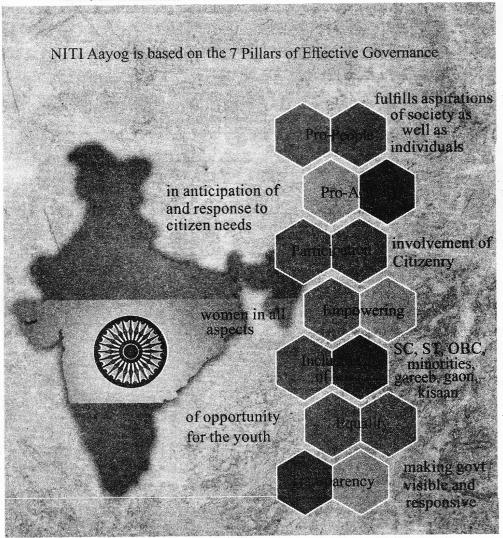Students get through the TN Board 12th Economics Important Questions Chapter 11 Economics of Development and Planning which is useful for their exam preparation.
TN State Board 12th Economics Important Questions Chapter 11 Economics of Development and Planning
Very short answer questions
Question 1.
What are the characteristics of UDCs?
Answer:
- The predominance of primary sector
- Low per capita income
Question 2.
What do you mean by human capital?
Answer:
Human capital means education and training that make human beings more productive resources.
![]()
Question 3.
What do you mean by the capital accumulation?
Answer:
It is the process of adding to the existing stock of capital.
Question 4.
What are the approaches to economic development?
Answer:
- The traditional approach
- The new welfare-oriented approach
Question 5.
What are the main problems of planning in UDCs?
Answer:
The main problems are overpopulation and low capital formation.
Short answer questions
Question 1.
Explain the traditional approach to the concept of development.
Answer:
The traditional approach defines development in economic terms. The increase in GNP is accompanied by a decline in the share of agricultural output and employment. It emphasizes the importance of industrialization.
Question 2.
What is the meaning of underdevelopment?
Answer:
It is the state of an economy where levels of living of masses are extremely low due to very low levels of per capita income resulting from low levels of productivity and high growth rate of population.
![]()
Long answer questions
Question 1.
Draw the pillars of NITI Aayog.
Answer:

Multiple-choice questions
1. ………. was the first country to introduce five-year plan.
(a) UK
(b) the USA
(c) USSR
(d) France
Answer:
(c) USSR
![]()
2. Planning in India is called as:
(a) Centralised planning
(b) Democratic planning
(c) Partial planning
(d) Indicative planning
Answer:
(b) Democratic planning
3. The planned holiday was from:
(a) 1966-69
(b) 1966-71
(c) 1966-67
(d) 1963-61
Answer:
(a) 1966-69
4. Planning is done in a democratic country.
(a) Choice
(b) Authority
(c) Inducement
(d) Market
Answer:
(c) Inducement
5. Modernisation means:
(a) Changes in education
(b) Industrialisation
(c) Rural development
(d) Structural change
Answer:
(d) Structural change
![]()
6. National planning commission was set up in:
(a) 1940
(b) 1947
(c) 1950
(d) 1955
Answer:
(c) 1950
7. India adopts ……….. type of plan.
(a) Annual plan
(b) Structural
(c) Mid-term plan
(d) Inducement plan
Answer:
(c) Mid-term plan
8. ………… prepared people’s plan.
(a) J.Nehru
(b) Gandhi
(c) M.N.Roy
(d) Dr.B.R.Ambedkar
Answer:
(c) M.N.Roy
9. …………….. sector is given more importance in the socialist sector.
(a) Agricultural
(b) Primitive sector
(c) Industrial
(d) Service
Answer:
(c) Industrial
![]()
10. The types of planning are:
(a) Decentralised
(b) Centralised
(c) Totalitarian
(d) Underdeveloped
Answer:
(d) Underdeveloped
11. The better we try to plan, the more planners we need was quoted by:
(a) Gandhi
(b) Nehru
(c) Adam smith
(d) Lewis
Answer:
(d) Lewis